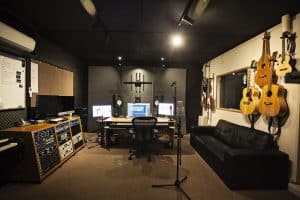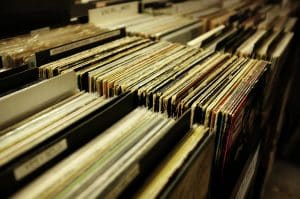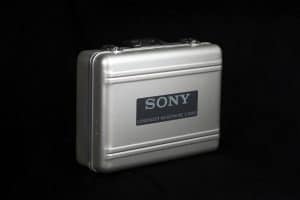There is a body of evidence emerging that recording studios can now be a part of helping people with Alzheimers disease. If it wasn’t for recording studios, people wouldn’t have access to music apart from live recordings. People who are immobilized with disease usually can’t make a trip out to listen to music. So apart from creating music for recreation and enjoyment, recording studios play a huge role in the growing music therapy and sound healing movement worldwide.
Recording Studios: Nursing Home Man
In a now-famous YouTube video, Henry, an elderly man with dementia, is transformed by the power of music that was created in a recording studio. Initially slumped in a chair and unable to recognize his own daughter, Henry seems to be miraculously brought to life by a few minutes of music from his youth: He gushes about his favorite jazz singer, sings a few verses in a rich baritone and waxes poetic about how music makes him feel. If it wasn’t for recording studios this would not be possible.
The great footage demonstrates a well-known but under-studied effect: Experts say music really can “awaken” Alzheimer’s and dementia patients. Neurologists at the Boston University Alzheimer’s Disease Center are leading the field in uncovering why music seems to affect memory and, more important, how music therapy can be used to improve the lives of those whose memories are fading.
I am passionate about Music Therapy and Sound Healing. I have played at different aged care and special needs centres around Sydney. It is amazing how the people light up when you play there favourite song. And quite amusingly sometimes they want yout to play the same song over and over. Everyone has that favourite song that they connect with so deeply and it is amazing to see what happens to aged people when you play their favourite song. It is like they are transported back in time.




